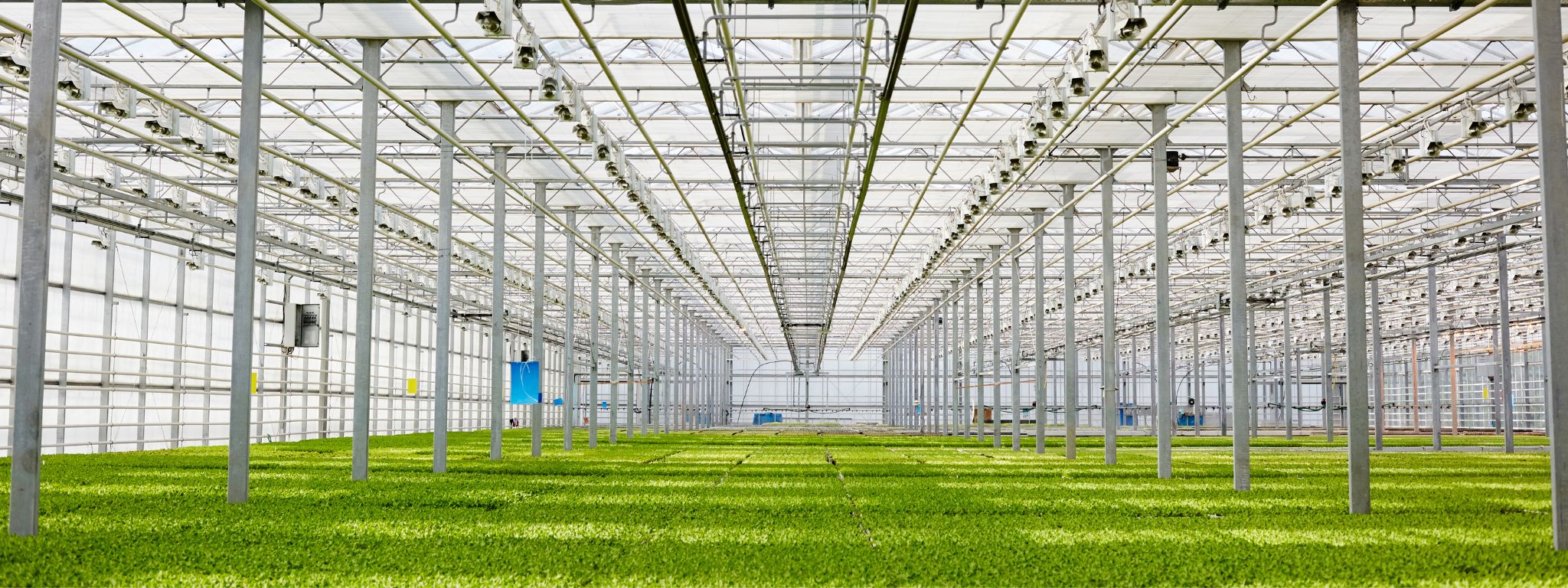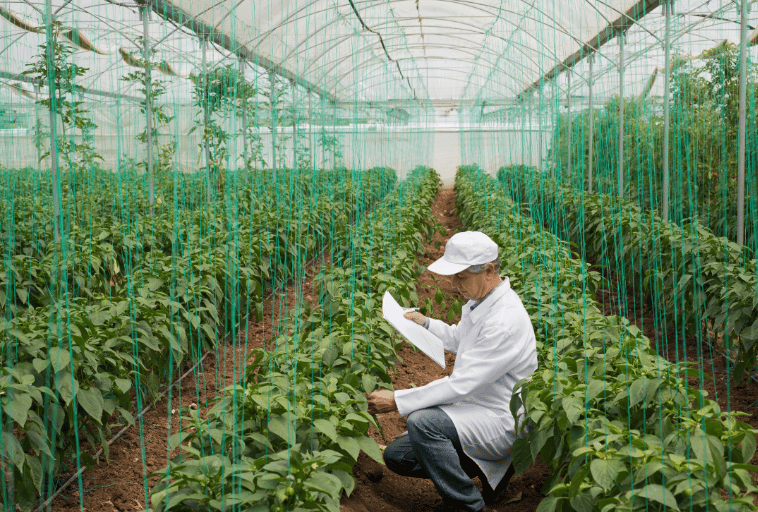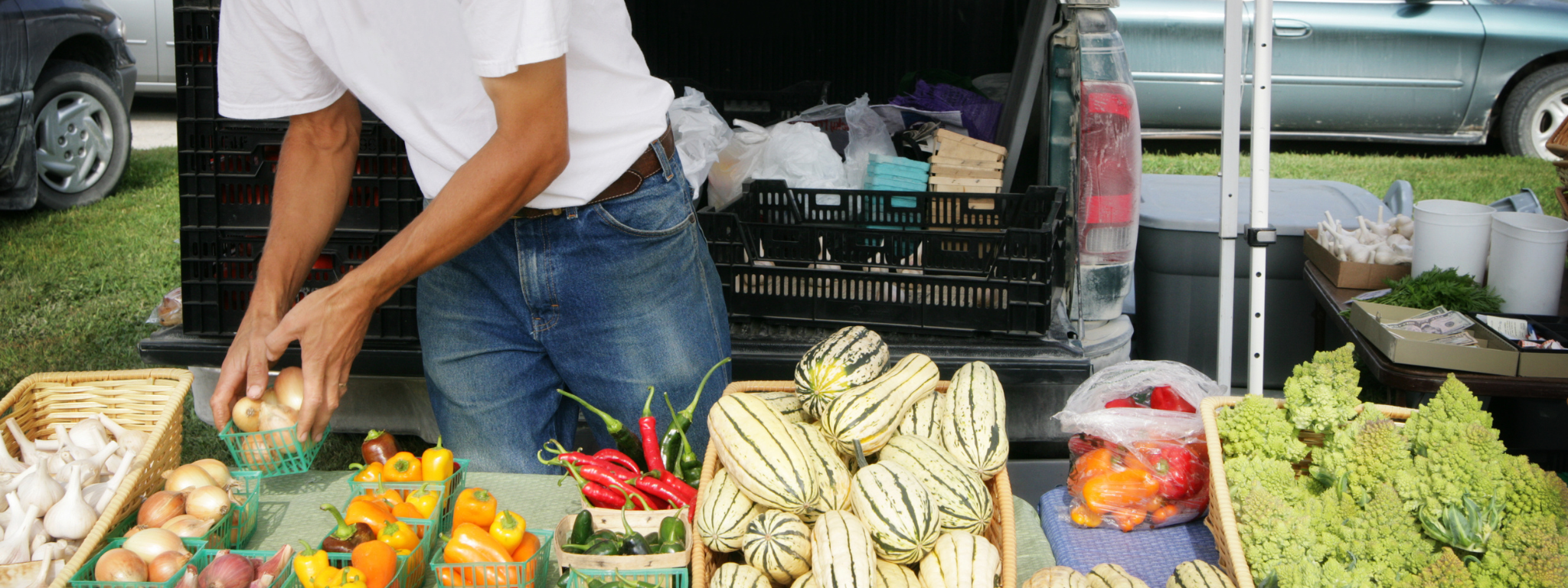Promoting a Cultural Shift Towards Energy Sustainability
How CARIRI is helping to change the energy culture in Trinidad and Tobago

Trinidad and Tobago has a long history of oil production going back more than 100 years. In fact, the first successful oil well was drilled in Trinidad in 1866, and the first shipment of oil was exported from Brighton, Trinidad, in 1910. Commercial sized oil discoveries off the island’s east coast in 1968 and gas deposits off the north coast in 1971 launched Trinidad and Tobago into being a net producer of oil and gas, with 228,000 barrels of oil per day (BOPD) being produced at the height of its production. In a bid to diversify the economy and draw foreign investors in the 1970s, the Government of Trinidad and Tobago (GORTT) offered heavy subsidies for electricity and fuel to industry and, by extension, the population. Trinidad and Tobago still has some of the lowest rates for electricity worldwide, with residential rates ranging from 0.05 to 0.06 US cents per kilowatt-hour (kWh) and commercial rates range from 0.02 to 0.09 US cents per kWh. Fuel prices, which have been slowly rising with the lifting of subsidies, are still low at 1.04- 1.16 USD per liter for gasoline and 0.66 USD for diesel.
The Greenhouse Risk | Measures to Reduce Gas Emissions
In 1966, the Point Lisas Industrial Estate was built on the sugar cane fields once belonging to the Tate and Lyle Sugar Factory. Now home to over one hundred tenants, it is the heart of the petrochemical sector in Trinidad and Tobago. Petrochemical production on the Point Lisas Industrial Estate is a major contributor to the country’s greenhouse gas emissions. The Estate has capacity for producing over 6 million metric tons of methanol, 5.2 million metric tons of ammonia and 1.5 million metric tons urea annually. In 2016, with a population of approximately 1.37 million, Trinidad and Tobago was ranked #4 globally in terms of greenhouse gases (GHG) emissions per capita with an estimated 25.39 tons CO2 emissions per capita. Due to the availability of fuel and electricity at cheap prices the population has grown to undervalue the cost of energy and has not developed a culture of energy conservation and energy efficiency. It should be noted that this culture is not the practice of the companies in the petrochemical industry, which are privately owned and operated to be profitable.
With the rationalization of the Paris Accord by Trinidad and Tobago in 2018, the Government of the Republic of Trinidad and Tobago (GORTT) put measures in place to reduce the country’s greenhouse gas emissions. One of the challenges identified was shifting the mindset of the population to one of good stewardship of the environment and conservation of natural resources while developing technologies and policies to transition towards low-emissions energy systems.

With this in mind, the GORTT has slowly been rolling back its fuel subsidiaries amongst other measures. With the changes in the cost of fuel, the cost of living for citizens has been negatively impacted, not only through directly rising fuel costs but also indirectly due to increased costs for transport, food, and goods in general. An ongoing revision of the electricity tariffs, with an increase expected in the near future will further impact the population. There is now a pressing need for public education on climate change and sustainability to help citizens understand this shifting norm and be receptive to the needed changes.
CARIRI | The Importance of a Sustainable Energy Program
As small islands in the Caribbean Sea, Trinidad and Tobago are considered a small island developing state (SIDS) and will be impacted by climate change. With the changing weather patterns which will ensue, adaptation to rising sea levels, decreased rainfall, increased droughts and adverse weather is required. To this end the GORTT has adopted a National Climate Change Policy (2011) which sets objectives to reduce and avoid greenhouse gas emissions, enhance carbon sinks and protect the natural environment and human health as well as build resilience of human and natural systems, enhance agricultural production and food security, educate the wider population on potential impacts of climate change and the recommended adaptation strategies. The important role for climate crisis education and capacity building for resilient and empowered communities is evident.
In 2015 CARIRI adopted a sustainable energy program which sought to impact national and regional development by focusing on alternate and renewable energy, energy efficiency and protection of the environment. Public awareness and education have been a hallmark service from the start of the program. In the last year, CARIRI has been working with local companies in the petroleum and petrochemical sectors to provide sustainability awareness training and introduce renewable energy technologies at a community level, targeting schools and fence line communities. The response has been positive as participants see opportunities for them to develop green job skills, build energy security, and address their own increasing costs for energy by adopting energy-efficient practices and green technology. Interest in the installation of off grid solar photovoltaic systems is high, even as the country is still putting measures in place for a feed-in tariff to allow renewable energy on the electricity grid. It is expected that with the availability of a grid tie-in tariff, the installation of grid-tied solar photovoltaic systems will soar. Through its programs CARIRI is raising awareness of the climate crisis and empowering communities to make a change towards energy sustainability.

The ESG Philosophy | Changing Business and Energy Management Perspectives
This collaboration also creates an opportunity for the petroleum and petrochemical sector companies to enhance their Environmental, Social and Governance (ESG) Performance. The ESG philosophy is one that recognizes that companies need to look beyond financial achievements and embrace their performance on environmental, social, and governance issues. Investors of the future will look to a company’s ESG rating to assess the attractiveness for investment. Good ESG ratings are therefore mandatory for a company’s sustainability and will allow local companies to remain competitive in the national and international landscape.
In addition to rolling back the fuel subsidies and reviewing electricity tariffs, the GORTT is also working on a solar feed-in tariff. A renewable energy policy, along with rebates for farmers using renewables and VAT waivers on renewable energy products for business are planned and will work alongside existing incentives for installing solar water heaters, converting vehicles to CNG and investing in hybrid and electric vehicles.
Changing the energy culture of a country is not an easy task and requires a combination of government policy changes and incentives coupled with ongoing educational efforts, awareness campaigns, and support from private industry. By forging strong collaboration between the public sector, the private sector, and communities, a route can be found to changing the nation’s energy culture. CARIRI’s initial attempts to bring these collaborations together have been successful so far, but more needs to be done so that while the country reduces its carbon footprint and seeks a low carbon pathway to energy sustainability its citizens are informed and empowered to choose a bright green future and understand the true value of energy.
About the Author
Eka Rudder-Fairman has been employed at CARIRI for the past 21 years. She has led the Petroleum Department and is currently a Senior Analytical Chemist and Programme Leader for the Petroleum and Sustainable Energy Services Department at CARIRI. Over the years, Eka has represented CARIRI on various Government Committees, Trinidad and Tobago Bureau of Standards (TTBS) Committees, on the Management Committee of the Caribbean Climate Innovation Center (CCIC), the Energy Chamber of Trinidad and Tobago (ECTT) and on the Replicate Advisory Board of the EU Funded Robinson Project

At present, she is involved in promoting sustainable energy solutions for local and regional industry and communities as well as providing industry and Government with technical support in the transition towards a low carbon future.
